Emily Dickinson Archive
The Angel in the Woods
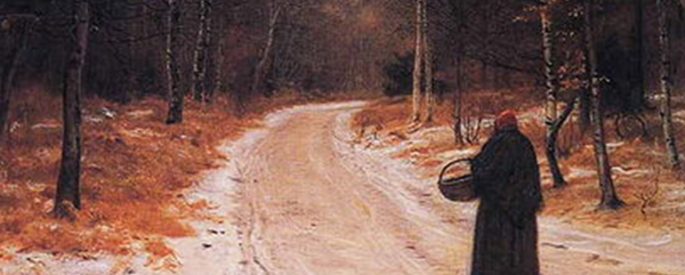
Emily Dickinson knew that modesty and self-confidence, blended together, would disarm her reader and delight and mystify the people around her. Shirking conventionality offered her a modicum of freedom and enlarged her presence simultaneously; she was both eccentric spinster and white-clad angel, depending on how you saw her.
Emily Dickinson and the Compound Witness
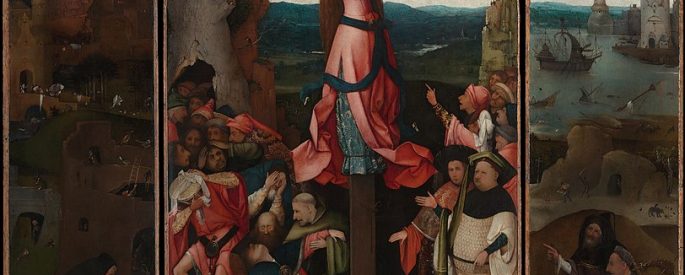
Reckoning with extreme psychic suffering, Dickinson’s poetic speakers repeatedly confront the boundary between unknowable interior experience and intelligible linguistic testimony.
Flora and the Passage of Time
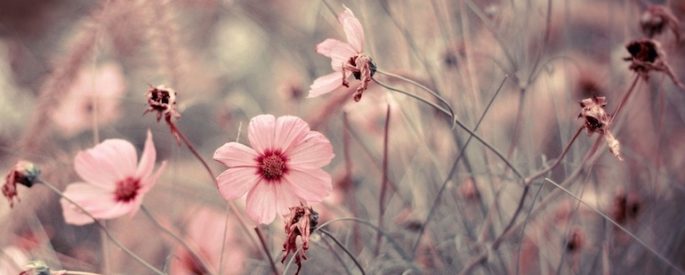
From Lewis Carroll’s Alice’s Adventures in Wonderland to Chimamanda Ngozi Adichie’s Purple Hibiscus, the temporality and fragility of flowers provide extensive ground for cultivating figurative meanings.
Whitman and Dickinson and the Civil War
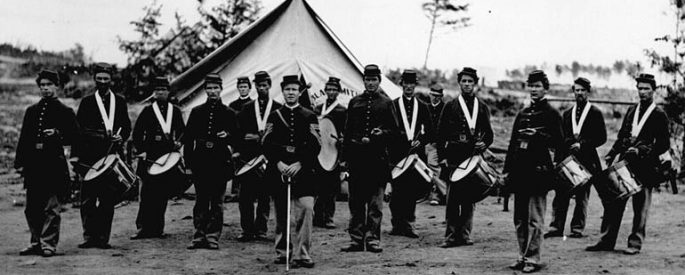
Contemporary American poetry was born in the context of the Civil War, the war that claimed more Americans than ever before or since. Whitman and Dickinson, two of America’s seminal poets, were alive and writing poetry during the Civil War.
Literary Television: Dawson’s Creek and Emily Dickinson’s Master Letters
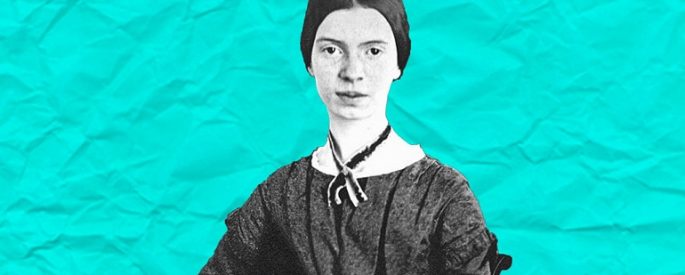
As bookish '90s teenage role models go, Joey Potter of Dawson's Creek never quite reached the "girl-power" heights of Rory Gilmore, Willow Rosenberg, or Daria.
It Might Be Lonelier Without the Loneliness: Poetry and Loneliness
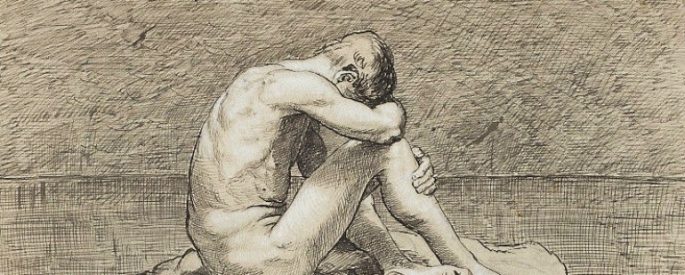
Poems, for me, are the epitome of Dickinson’s capital-L Loneliness, that loneliness that accompanies and keeps one from feeling utterly alone, its shadow-shape, its cameo presence.
Accessing Social History through Books
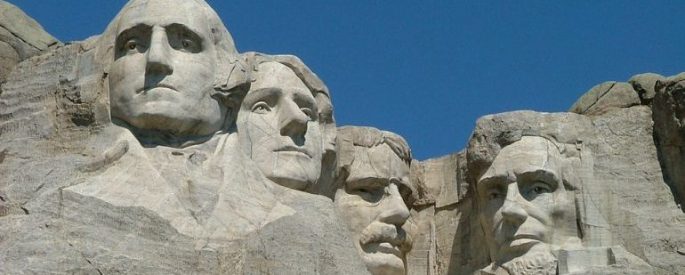
The required reading for the entering undergraduate class the year I enrolled was Lies My Teacher Told Me: Everything Your American History Textbook Got Wrong, by James W. Loewen. I didn’t read it.
Love and Pain: An Interview With Diane Schoemperlen
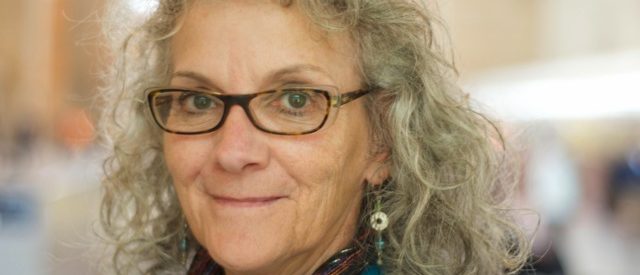
One could argue that the work of Diane Schoemperlen is highly unusual even beyond its incredible strength: a more lyric prose managing publication through larger and more mainstream Canadian publishers. Given her work, I was curious to engage with her memoir, This Is Not My Life.
Emily Dickinson’s Drift Between a Living Hell and Hellish Heaven
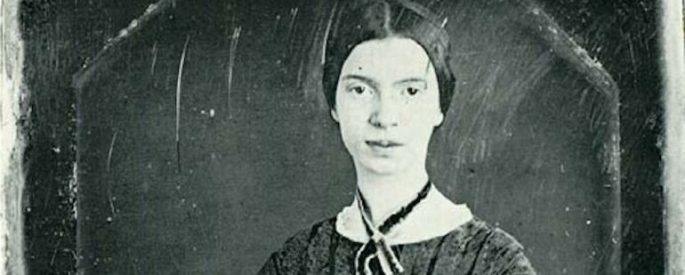
Emily Dickinson is known for her rumination on the anxiety surrounding death, and particularly the pain that accompanies mourning. But her poetry demonstrates a comparable mistrust of eternal life, rendering the idea of a paradisiacal afterlife as emotionally fraught as the idea of oblivion.
My Uncle’s Books
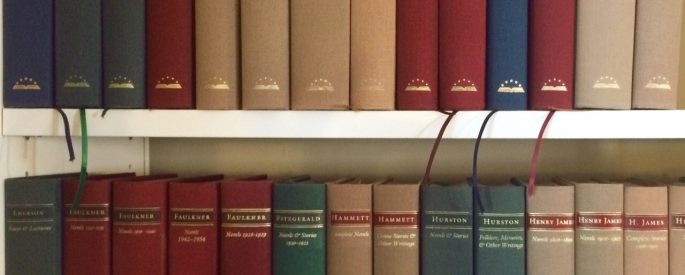
A year and a half ago, my uncle Chuck died unexpectedly. My family wanted me to have his books because I was a reader like he had been, and I was also a writer. And I wanted the books, especially his Library of America books.
- 1
- 2